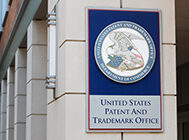As part of Goodwin’s exclusive programming during the BIO International Convention in Boston, we invite you to join us for a focused discussion on how biotech and pharma companies can protect and maximize the value of their intellectual property. In a time when innovation is critical and IP disputes are…










